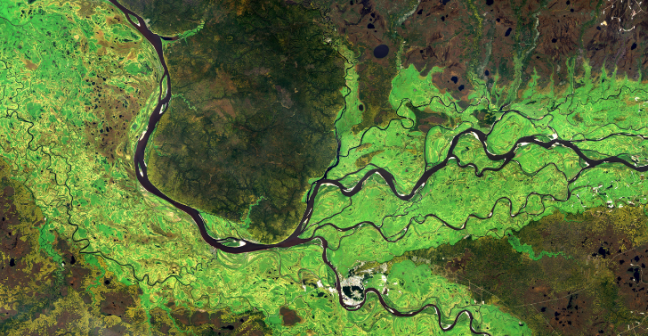Researchers, professionals and members of the IES team provide in depth analysis of news stories, topical issues and emerging science.
As part of Green Careers week, IES Member, Gilly, Associate Director (Energy and Climate Change) at Wardell Armstrong, talks to the IES about her career journey and what a typical day in the life looks like.
Career path overview
I studied Town Planning at...







